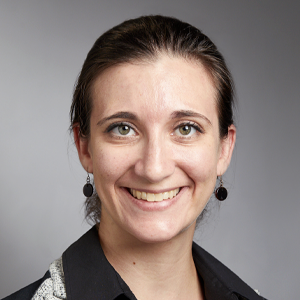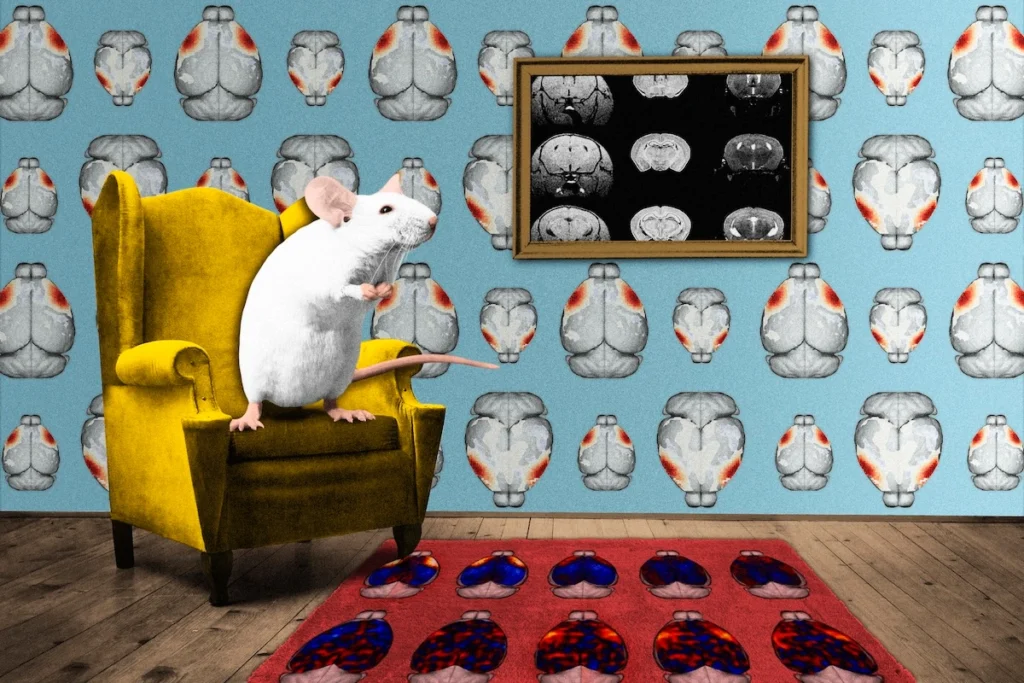Evelyn Lake is assistant professor of radiology and biomedical imaging and biomedical Engineering at Yale University. Her lab focuses on the application of imaging technologies to characterize the neurovascular processes that govern brain function in health and disease.
Lake completed her Ph.D. in medical biophysics at the University of Toronto, at Sunnybrook Hospital, in Ontario, Canada. As a graduate student, she investigated endogenous and drug-facilitated recovery from ischemic stroke, using imaging and behavior testing in rats. As a postdoctoral fellow at Yale University, she built a unique microscope capable of acquiring wide-field optical imaging data alongside whole-brain functional MRI data. In 2019, Lake joined Yale University’s faculty, where she now runs a research lab and teaches courses in biomedical imaging, optical imaging, fMRI and data processing. Her lab is funded by the Wu Tsai Institute, Alzheimer’s Disease Research Center, and the National Institutes of Health.




